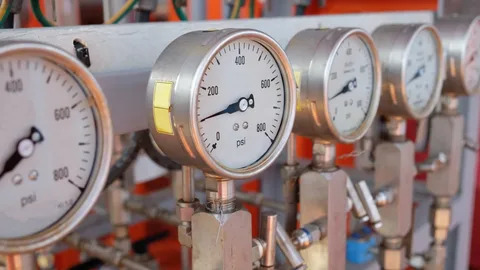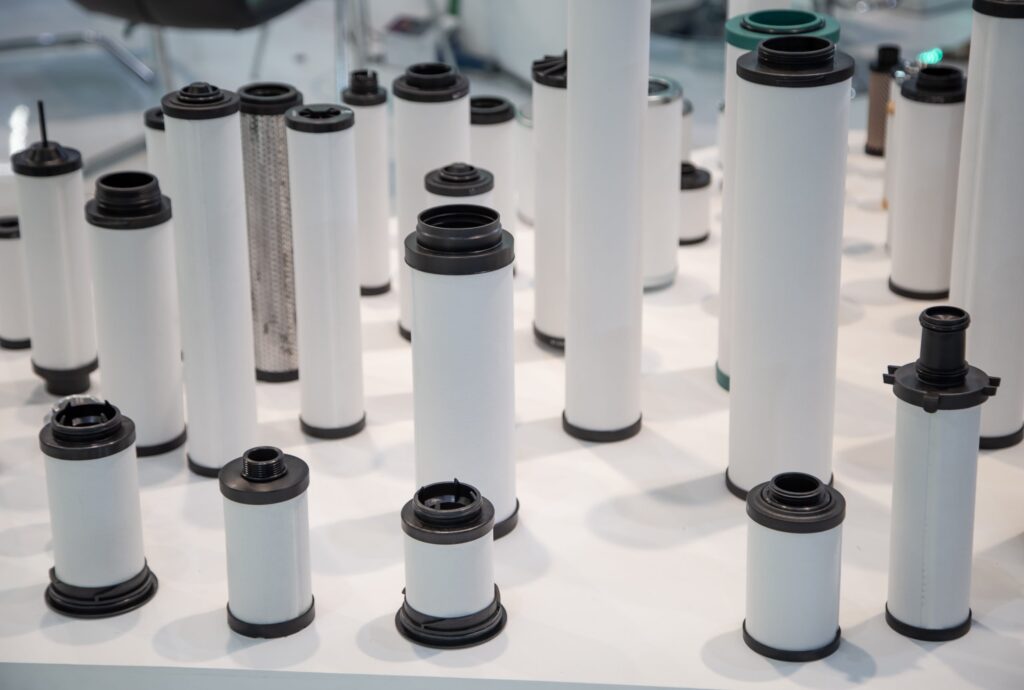
What is differential pressure?
Differential pressure (DP) refers to the difference between two applied points of pressure. When this value tends to fluctuate significantly in a process system, it can be an indication that the component is in need of repair, replacement or maintenance. This is why, it becomes important to understand how to read differential pressure to keep functioning at optimal levels without the equipment breaking down.
What is a differential pressure gauge?
A differential pressure gauge is an instrument that is used to measure the differential pressure in a system and display the results visually. It can monitor the status of the air filter, which is an integral part of most compressed air systems. While the air filter performs a key function in removing contaminants entering the system, it creates a resulting change in pressure between the entry and exit points of the system. With passing time, these points accumulate dirt and get clogged, thus increasing the differential pressure.
A differential pressure gauge can track the changes in differential pressure in the system and alert you when it has reached a point when the filter must be replaced. This is a major benefit in operating an air system, as it can help minimize downtime from a malfunctioning and conduct timely maintenance as and when required.
Here is a look at some important facts about using differential pressure gauges:
- Although a differential pressure gauge is an indicator of air quality, it does not directly influence the quality of the air that goes out from the system. However, it checks the condition of the air filter in the system and plays a large role in keeping it healthy.
- If you have a compressed air filter fitted with a differential pressure indicator or monitor, keep in mind that this differs from a true differential pressure guage. Such devices are not as accurate or calibrated as the latter.
- Be careful not to fall into the trap of thinking that you must only change your compressed air system’s filter when there is an increase in the differential pressure. A marked fluctuation in differential pressure means that the air compressor has to function at higher pressures for prolonged periods of time to overcome the same. So, fluctuations can occur regardless of the condition of the air filter. Besides, any wear and tear in the filter can sometimes prevent the differential pressure from showing a change, despite being clogged up.
A differential pressure gauge is a valuable tool to monitor the condition of the air filter in a compressed air system, which is instrumental in ensuring that the system maintains high standards of air quality.
VEMC is ISO 9001:2015 certified and a pioneer in the field of electromechanical engineering products, allied equipment, and services. We are also an authorized dealer of Elgi air compressors. With over 72 years of industry expertise, we aim to offer you end-to-end solutions and specialized support in this space. Please contact us on +91 98199 07445, and we will be happy to help you meet your requirements.



